Technology
👨🏿🚀TechCabal Daily – One card to rule them all
In partnership with Lire en Français اقرأ هذا باللغة العربية Happy mid-week. If you’re curious about the best ways to make, manage and grow your money sustainably, you should be at Zikoko’s Naira Life Conference. They’re bringing together financial experts, entrepreneurs, creato...
TechCabal
published: Jul 02, 2025



Happy mid-week. 
If you’re curious about the best ways to make, manage and grow your money sustainably, you should be at Zikoko’s Naira Life Conference.
They’re bringing together financial experts, entrepreneurs, creators and everyday Nigerians for a day of bold conversations and immersive workshops designed to hand you a playbook for building real wealth.
It’s happening on August 8 in Lekki, and early bird tickets end in 5 days. Click here to get a ticket at 30% off.

Economy
Africa launches pan-African payment card to facilitate cross-border payment
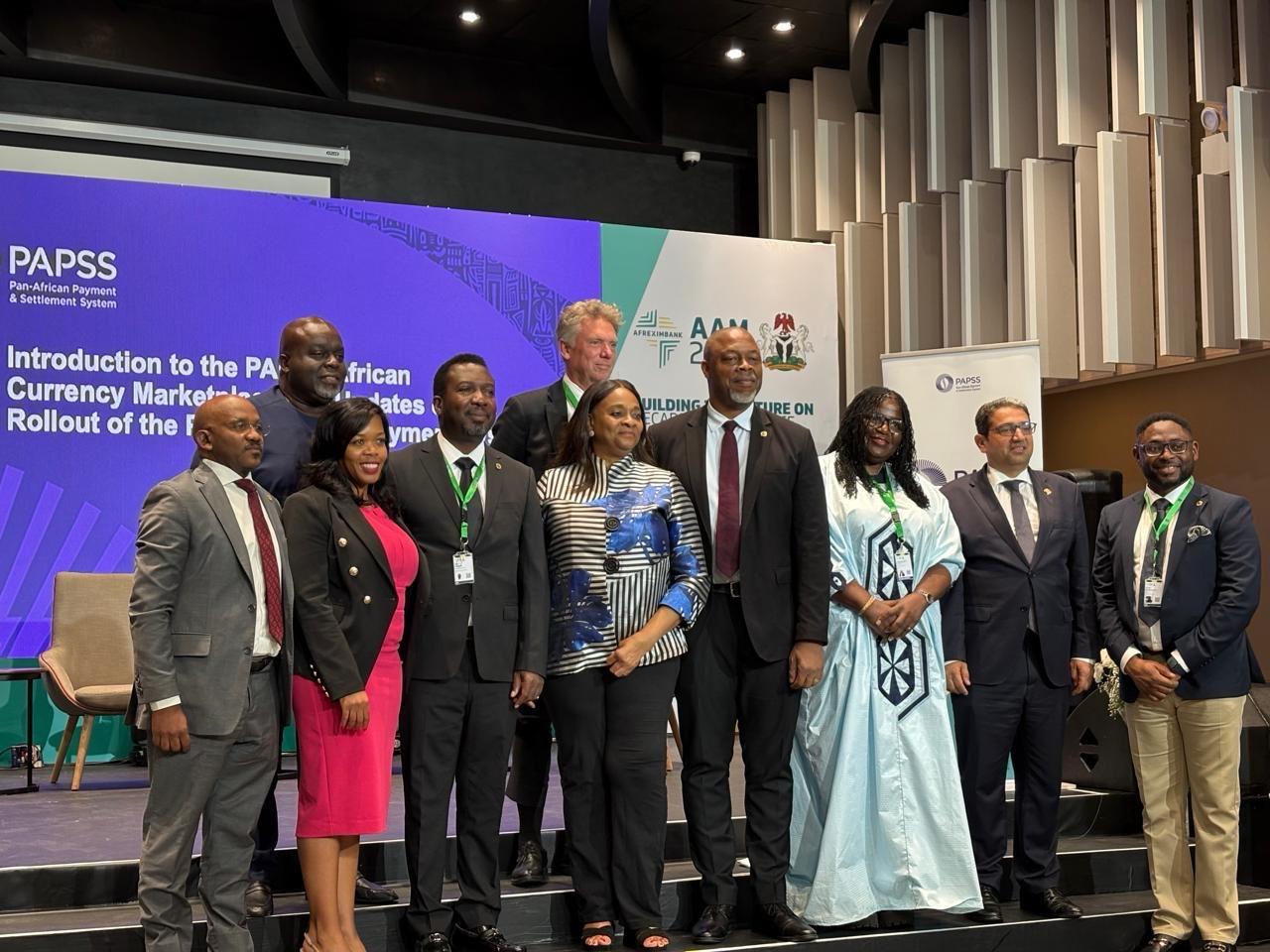
When the African Export-Import Bank (Afreximbank) unveiled the PAPSSCARD on June 27, it wasn’t just showcasing another piece of financial hardware. It was adding a new layer to its older idea of bolstering cross-border payments in Africa.
The Pan-African Payment and Settlement System (PAPSS) was created in 2022 to make it easier for African markets to trade with one another in local currencies. It currently connects 15 central banks and over 150 commercial banks—22 of which are Nigerian banks.
The PAPSSCARD, built in partnership with Mercury Payment Services (MPS), is Africa’s attempt to keep transactions, data, and value within the continent, eliminating external payment systems to facilitate cross-border trade. It promises lower costs, faster transfers, and more control over data.
Cross-border payments are a big deal everywhere. In Europe, the European Payments Alliance (EuroPA) and the European Payments Initiative (EPI) recently teamed up to explore a system that will allow cross-border transactions by linking up payment solutions across the continent.
This isn’t Africa’s first shot at card sovereignty. Nigeria’s Central Bank launched AfriGo in 2023 to push domestic payment options, lower costs, and reduce reliance on foreign card schemes. While AfriGo and PAPSS are local and continental, respectively, they both reflect a shift in how Africa wants to manage its payments. Bit by bit, Africa is bringing control back to the continent.
But how will it work in real life? Can a Nigerian in Abidjan withdraw XOF from a local ATM with the PAPSSCARD? Will merchants in Accra or Nairobi accept it? The fine print is still unclear. The PAPSSCARD makes a bold promise. Can it deliver?
Save more on every NGN transaction with Fincra

Stop overpaying for NGN payments. Fincra’s fees are more affordable than other payment platforms for collections & payouts. The bigger the transaction, the more you save. Create a free account in 3 minutes and start saving today.
Cloud Computing
MTN’s $235 million data centre is here; Can it win Nigerians over?
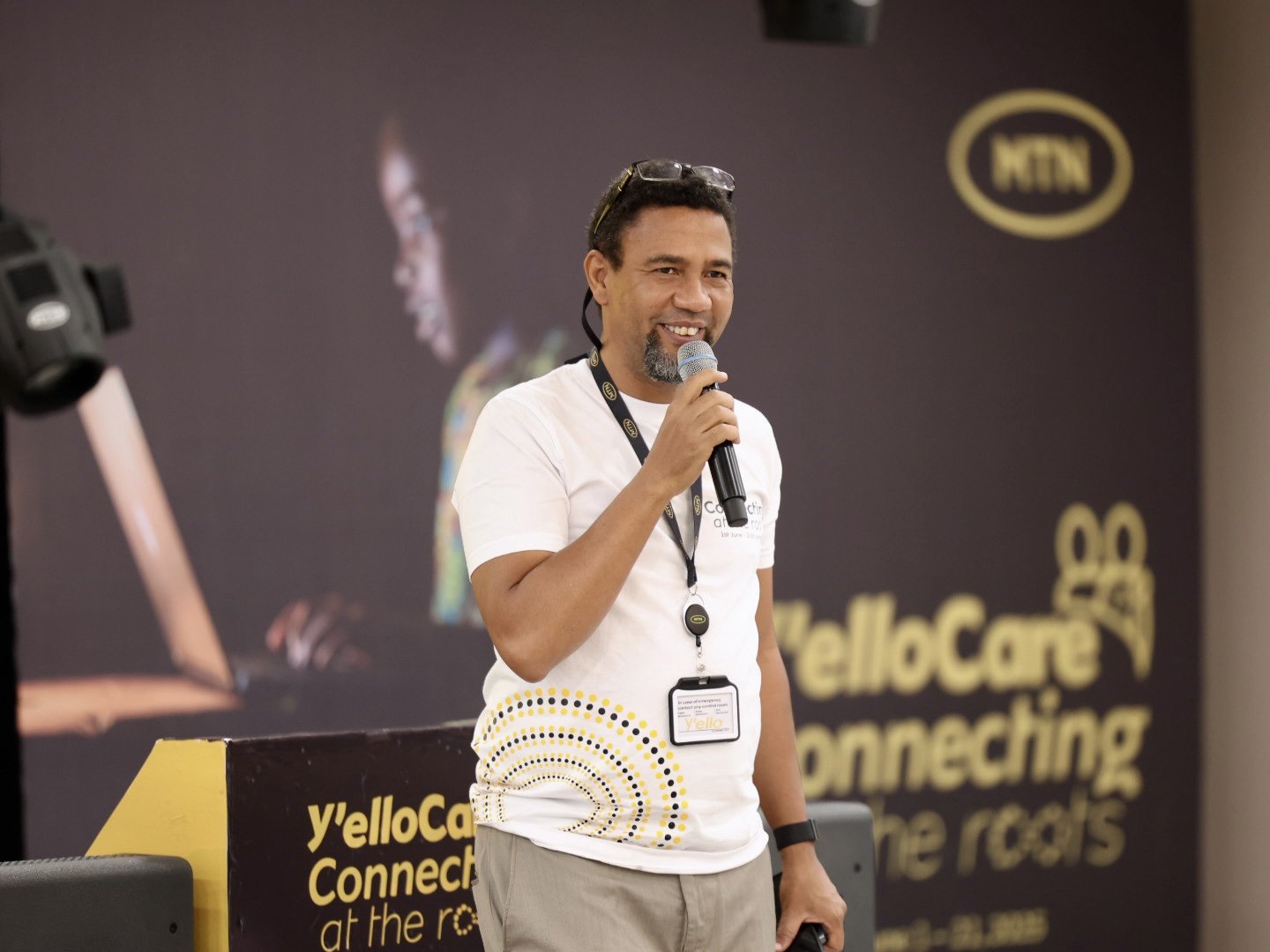
MTN Nigeria has just wrapped up Phase 1 of its $235 million Dabengwa Sifiso Data Centre, its first shot at commercial data hosting.
The goal? Keep Nigerian data in Nigeria and reduce our dependence on foreign cloud giants like Amazon Web Services (AWS) and Microsoft Azure (which MTN itself used to rely on).
What’s a data centre and why should we care? Data centres are the physical backbone of the digital world. Apps, websites, banking platforms, even AI models, live in data centres.
For years, Nigeria has been shipping its data offshore, bleeding an estimated $350 million annually. MTN plans to reduce such spending and offer local cloud services priced in Naira. This puts it in competition with other dominating players like MainOne (Equinix), Rack Centre, Digital Realty (via Medallion), and Open Access Data Centres (OADC).
But Nigerians are not sold… yet, as portrayed by mixed reactions on social media. Some say MTN should fix their network first before attempting to rival AWS or Azure. Others doubt MTN’s ability to deliver reliability. A few are cautiously optimistic, hoping the pricing won’t be out of reach for users.
MTN has a strong pitch. An AI-ready capacity, 3D environmental monitoring, and an IT load of over 14MW at full scale. Building a data centre is one thing, convincing Nigerians to move in is another. If MTN wants serious buy-ins, it’ll need to prove it can deliver speed, uptime, and real value, because for many Nigerians, performance speaks louder than promise.
Drive your business forward with Doroki
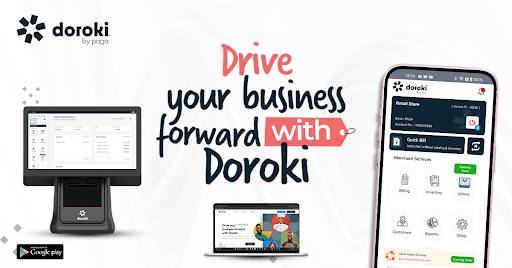
Whether you are a retail store, restaurant, pharmacy, supermarket, salon or spa, Doroki helps simplify your operations so you can focus on what matters most: your customers and your growth. Manage your business smarter, start here.
Economy
South Africa’s trade ministry is negotiating more time with Donald Trump to secure a deal

South Africa has come out to plead with the United States and President Donald Trump to be graceful with his tariffs.
On Tuesday, the country’s trade ministry said that it is trying to negotiate a trade deal with the US before the reciprocal tariffs, which Trump announced in April, kick in on July 9.
ICYMI: Like Lesotho, South Africa was one of the worst hit African countries in Trump’s new tariff regime. If it kicks in, South Africa will pay 31% extra on all goods to export to the US.
This is bad for business as the South Africa-US is one of the country’s most important trade corridors. In 2024, 8.2% of all South African exports—the second-largest after China—went to the US.
South Africa is a major producer of pearls, metal stone ores, vehicle parts, and agricultural produce like citrus. As a result, the mining and citrus industries, which employ over a combined 235,000 employees, are two key sectors that could get caught in the Trump rampage. Prices of items made from pearls and precious stones—including jewellery and ornamental pieces—that get imported back to South Africa, could become more expensive.
With the high cost, manufacturers of vehicle parts could consider selling sideways to local car-makers instead. If this happens at scale, it could drive down prices for consumers due to the locally-sourced parts, but quality may lag as local standards catch up to vehicle parts imported from the likes of Japan or Germany. The economy could also suffer from the repressed economic activity.
Zoom out: South Africa could aggressively pursue a trade deal. But there’s no guarantee the US will agree to anything. Like Lesotho, South Africa could offer a quid pro quo to accelerate the deal.
Accept in-person payments with Paystack Virtual Terminal!
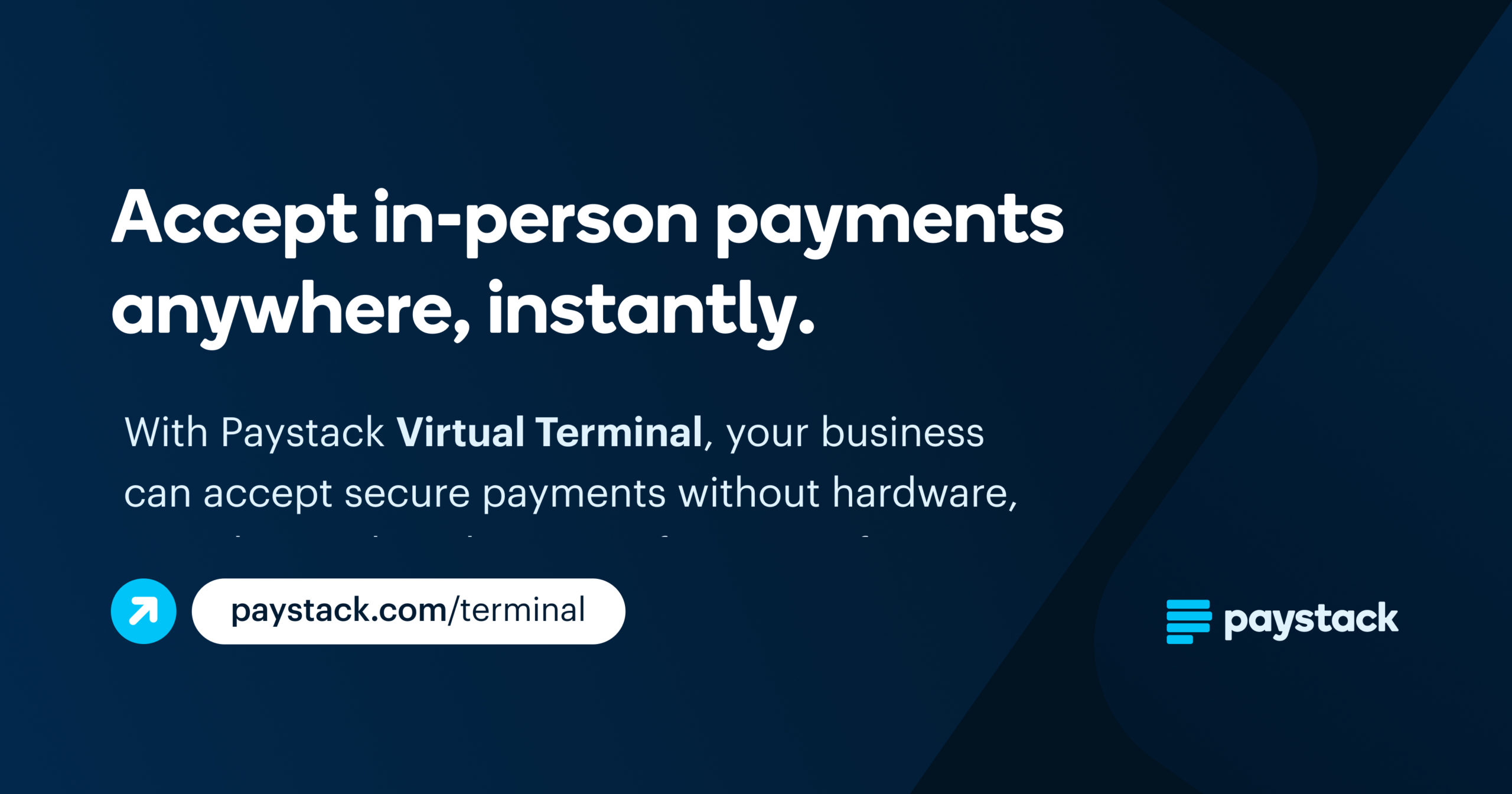
Anyone can sell in-person. With Paystack Virtual Terminal, you can accept secure payments anywhere using just a QR code. No hardware needed. Learn more here →
Mobility
South Africa’s Metrobus goes digital but commuters pay more for bus transport
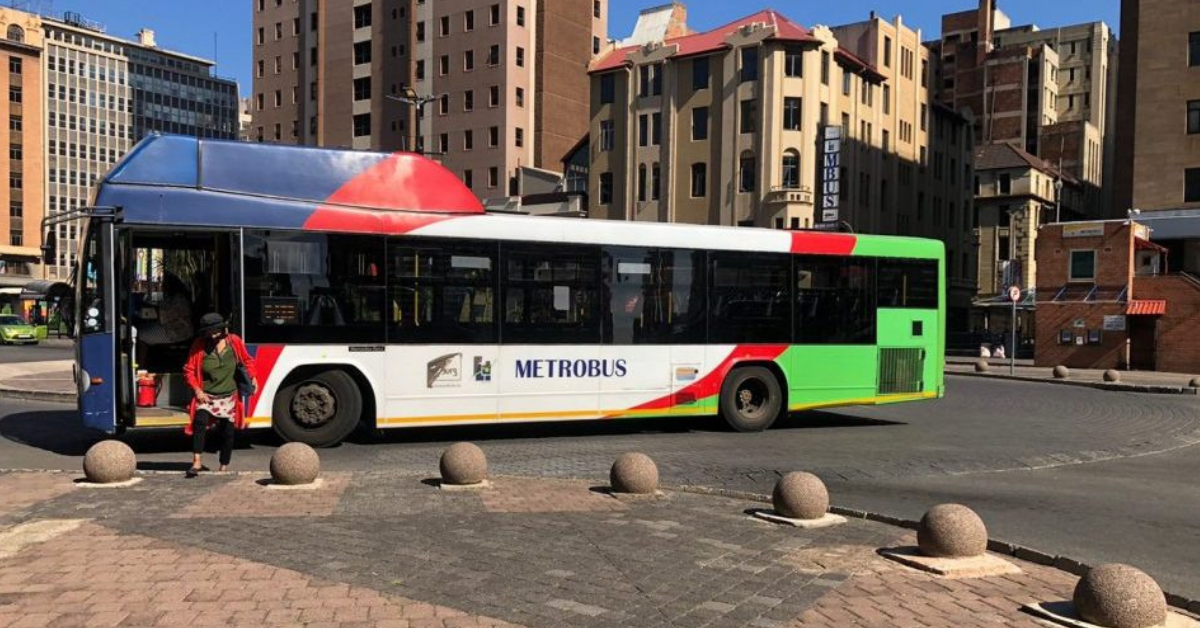
In more South African news, Metrobus, the second-largest municipal bus operator in the country, has introduced a new payment system in Johannesburg. Riders now use contactless cards that charge them based on the exact distance they travel. The old system charged a fixed fare based on zones and allowed free transfers between buses.
The change is part of Metrobus’s plan to modernise and improve fare collection. The older system was no longer supported by its manufacturer and could not calculate distance-based fares. On paper, the new system makes sense. But on the ground, it’s making daily life harder for thousands of working-class commuters.
Many people in Johannesburg live far from where they work. To get there, they often need to take two or more buses. Under the new system, every trip is charged separately. The free transfers they relied on are now gone. Even a small extra cost on each leg adds up quickly. Some riders are now spending R300 ($17) more per month than before.
Metrobus says fare increases are minor, and the average bump is just 4.6%. But for people who transfer often, the increase feels much larger. Taxi rides, once more expensive, are now cheaper on some routes.
Most jobs in the city are still far from where people live. A payment system that charges by distance ends up placing a bigger burden on those who travel the longest. That often includes the lowest earners, who already spend a large part of their income on transport.
Technological innovation is supposed to make people’s lives easier; but when that innovation becomes expensive, does it still count?
Get a dependable energy solution tailored to your everyday needs

Tired of blackouts and fuel costs? Power your home or business with clean, affordable energy from Altpower. No upfront payment. Just reliable power, paid in instalments. Get started here→
CRYPTO TRACKER
The World Wide Web3
Source:

|
Coin Name |
Current Value |
Day |
Month |
|---|---|---|---|
| $106,546 |
– 0.30% |
+ 1.65% |
|
| $2,441 |
– 0.65% |
– 2.22% |
|
| $0.09319 |
+ 107.69% |
– 4.44% |
|
| $148.70 |
– 1.93% |
– 4.61% |
* Data as of 06.30 AM WAT, July 2, 2025.
Introducing, The Naira Life Conference by Zikoko

This August, the Naira Life Con will bring together wealth builders, entrepreneurs, financial leaders, and everyday Nigerians to share their experiences with earning, managing, and spending money. Think: bold conversations, immersive workshops, and content tracks that hand you a playbook for building real wealth. Get early bird tickets now at 30% off only for a limited time.
Opportunities
- Over 4,000 tech leaders from 15+ countries gathered in Lagos for the third Africa Technology Expo (ATE), a business-focused event spotlighting innovation and enterprise growth across the continent. Held at the Landmark Event Center, the conference featured keynotes, investor sessions, and showcases on topics like 5G, cloud, IoT, infrastructure, and startup scaling. More than 85% of attendees were senior decision-makers, including speakers from Google, MTN, and Future Africa. MTN also hosted a closed-door C-suite chat on digital transformation. With growing global interest, ATE is eyeing future editions in cities like Kigali, Nairobi, and Barbados. Interested in partnering or attending the next ATE? Get involved.
- Applications are still open for the 2025 FATE Institute Fellowship, a two-year, part-time and virtual programme for experienced Nigerian professionals passionate about entrepreneurship and policy reform. The fellowship is open to candidates with at least 10 years of relevant experience and a completed or ongoing Master’s or PhD in fields like Economics, Law, or Political Science. Fellows will work remotely, contribute to research on Nigeria’s entrepreneurship ecosystem, engage with policymakers, and take part in virtual policy discussions, without needing to leave their current roles. Apply by July 25.

Written by: Opeyemi Kareem and Emmanuel Nwosu
Edited by: Faith Omoniyi
Want more of TechCabal?
Sign up for our insightful newsletters on the business and economy of tech in Africa.
- The Next Wave: futuristic analysis of the business of tech in Africa.
- TC Scoops: breaking news from TechCabal
P:S If you’re often missing TC Daily in your inbox, check your Promotions folder and move any edition of TC Daily from “Promotions” to your “Main” or “Primary” folder and TC Daily will always come to you.

Stay in the loop
Never miss out on the latest insights, trends, and stories from Cedi Life! Be the first to know when we publish new articles by subscribing to our alerts.



